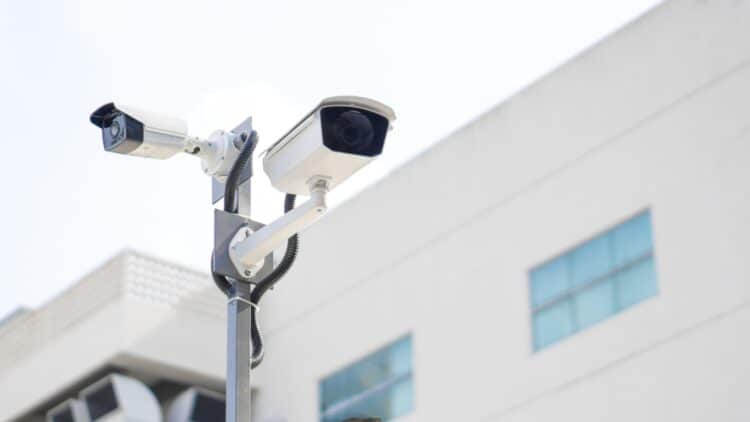The emergence of technology in every aspect of daily life is one of the blessings (or misfortunes) of living in the 21st century. One of these so-called necessary evils is mass surveillance cameras. In some U.S. towns, they have become so prevalent that they have reached “spam” levels.
This is the case in Norfolk, Virginia, where a citizen has demanded to see his records from the city council. After all, it is a U.S. citizen demanding to see recordings of himself.
He had a hunch that proved to be true: the 176 cameras distributed throughout the city had registered him and his car 526 times in just four months. Imagine going out to buy bread, the newspaper, and picking up the kids from school, only to have your entire journey televised like a Black Mirror episode. What once seemed like a terrifying experiment in the Jim Carrey movie The Truman Show has now become a reality for some citizens living under the eye of Big Brother. But is all of this really legal?
What are these cameras?
These are ALPRs (Automatic License Plate Readers). They capture a photo of the license plate, the date, the time, and the location every time a car passes by. A driver does not need to commit an infraction or run a red light; they register everyone, all the time.
The company Flock Safety is the largest provider of this surveillance technology in the United States. It is present in more than 5,000 police departments and 1,000 neighborhood associations.
How Lee Schmidt found out he was being watched
This man, along with another woman, Crystal Arrington, a healthcare worker from the same neighborhood, filed a lawsuit. They teamed up with a non-profit legal organization, the Institute for Justice. During the legal proceedings, the city of Norfolk had to turn over the data.
Mr. Schmidt had been registered 526 times between February 19 and July 2. However, Ms. Arrington had been photographed almost twice as many times: 849 times in less than five months, an average of six times a day. A third citizen, who did not want to be identified in the lawsuit, was registered 14 times in just six and a half hours.
Imagine looking for a parking spot in your city’s old town, only for the police to have a record of every turn you took for six and a half hours.
The Importance of the Fourth Amendment
Thank God —and thanks to our founding fathers— the Fourth Amendment exists. It is there to protect citizens against unreasonable searches and seizures. This means that if there is no court order, they cannot register citizens without a reason. Mr. Schmidt and the other plaintiffs argue that the registration of daily movements without a reason is a massive, warrantless search that violates their freedom of movement. On the other hand, the cities and the surveillance company argue that since the photos are captured on public roads, there is no expectation of privacy.
So far, there have been rulings in other states, such as Illinois, that have supported the use of these cameras.
It goes without saying that the feeling of being permanently watched is no longer paranoia; it is a reality. The danger of Big Brother is that the data could be misused, shared with federal agencies, and used to create an unprecedented, centralized database with millions of records of ordinary citizens who have done nothing wrong. The fine line between a citizen going about their daily life and potentially becoming a criminal makes this exhaustive tracking of all national vehicles seem highly illegal.
For now, Virginia has passed a law that prohibits sharing camera data with entities outside the state. However, the plaintiffs do not think that is enough. They are demanding that the cameras in Norfolk be turned off and their data be deleted from the system. We are still awaiting the outcome of the trial.

